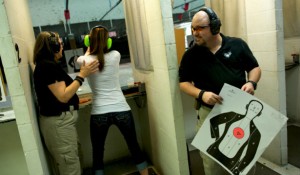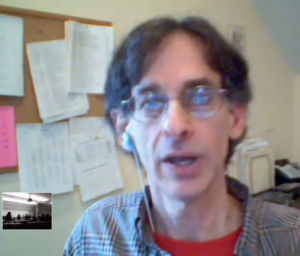Jeffrey Bealls, a metadata librarian at the University of Colorado, Denver tracks and reports on what he has calls predatory publishers and journals. In an article in The Scientist he explains what a predatory publisher is…
those that unprofessionally exploit the gold [author pays] open-access model for their own profit. These publishers use deception to appear legitimate, entrapping researchers into submitting their work and then charging them to publish it. Some prey especially on junior faculty and graduate students, bombarding them with spam e-mail solicitations. Harvesting data from legitimate publishers’ websites, they send personalized spam, enticing researchers by praising their earlier works and inviting them to submit a new manuscript. Many of these bogus publishers falsely claim to enforce stringent peer review, but it appears they routinely publish article manuscripts upon receipt of the author fee. Some have added names to their editorial boards without first getting permission from the scientists they list, among other unethical practices.
These publishers’ websites look legitimate, making it difficult to separate the professional from the unethical. Unfortunately, many scientists have been fooled. Dozens have asked me for a measure for determining legitimacy, but there is very little that can be measured directly. The only real measure is the publisher’s intent, which is hard or impossible to discern.
Bealls’ work illustrates the up and downsides for online publishing. Open access journals can be created at little to low cost, make scholarly work available to broad audiences at no cost, and frees scholars from surrendering copyright to their work and supporting for-profit publishers, who commodify scholarly work through embargoes and reprint fees. But, the ease of online publishing attracts scammers as well, giving new meaning to vanity publishing. Bealls is skeptical of the value of online over more traditional publishing in academe, asserting the value has not yet been determined. He has a point… we need to be analytic and reflective about what the consequences of open access journals are.
Bealls has compiled a list of predatory publishers and journals, and the criteria he uses for making “Bealls List.” Bealls also posts regularly on his blog, Scholarly Open Access.

 Follow
Follow

